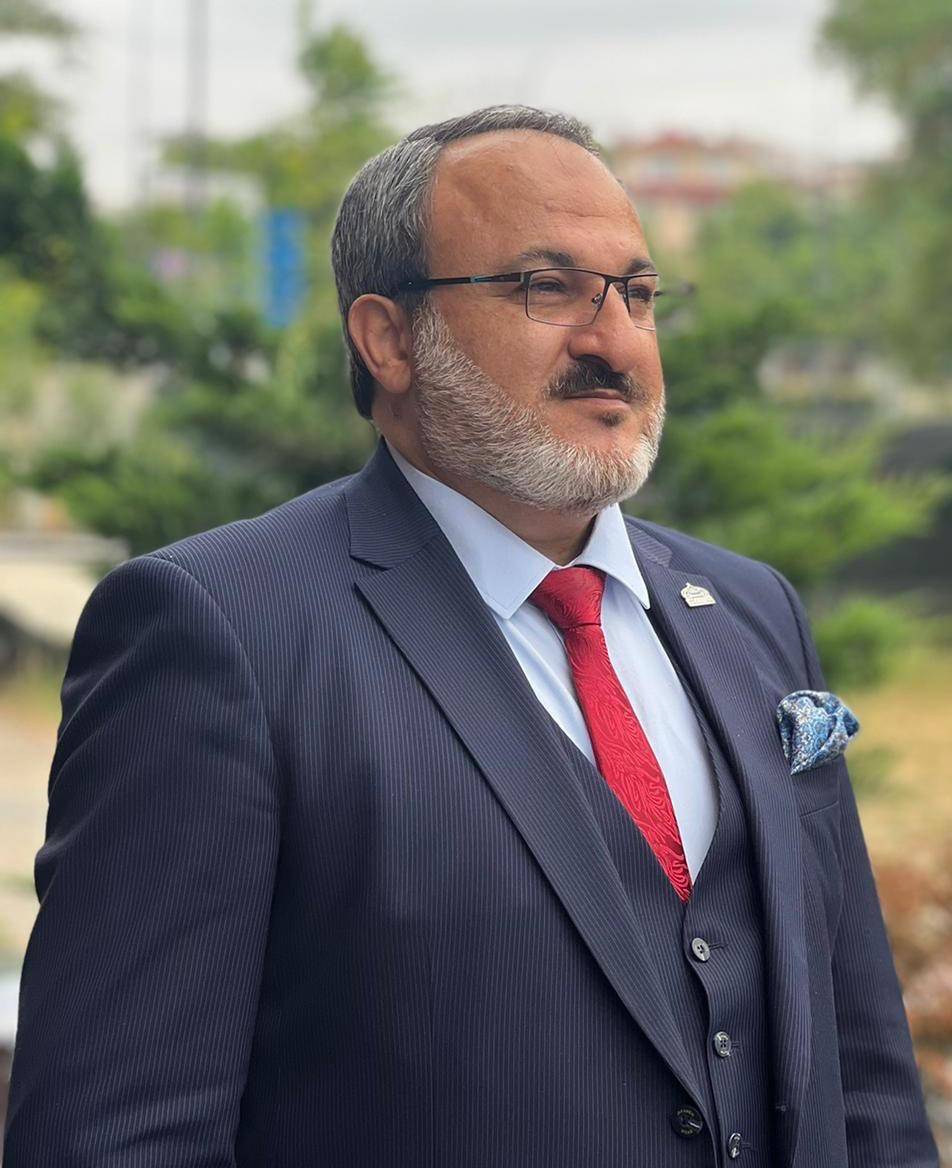For Muslims, the holy month of Ramadan is associated with peace, serenity, tranquillity, happiness, family and charity. In many Muslim countries, public authorities and private sector employers reduce working hours to allow their employees to worship and pray in a more relaxed atmosphere. Friends, neighbours and relatives often organise meals to break the fast at sunset every day, where people who are usually too busy to meet can get together and remember their duty towards the poor and the needy.
The situation in the occupied Palestinian territories, though, is different in many ways, especially in Jerusalem, where Israel seems to have a phobia about Ramadan. Armed officers at countless checkpoints scrutinise the identity of worshippers heading for prayers at Al-Aqsa Mosque. Thousands of Israeli occupation police, including some on horseback, surround the Noble Sanctuary. It’s all part Israeli efforts, after more than fifty years of illegal “annexation” and occupation, to Judaise Jerusalem, regardless of international law and UN resolutions. The apartheid state wants to make its illegal occupation permanent and legitimate.
Israel’s provocation of the indigenous Muslim Palestinians is intended to let them know who’s in charge. In its early years, its left-leaning leadership did not make the Judaisation of Muslim and Christian holy places a priority. Subsequent leaders such as Benjamin Netanyahu and his successor as Prime Minister, Naftali Bennett, think otherwise, as their ideology and electorate is of the far right and the religious right who want Israel to be a Jewish state, including the holy places of other faith groups.
The holy month of Ramadan this year coincides from 16 to 22 April with the Jewish Passover. Extremist Jewish settlers take this as reason enough to break into Al-Aqsa Mosque. Indeed, they are already preparing to slaughter goats inside the mosque during the festival.
READ: PA: Israel conditions ‘incentives’ in Jerusalem to Palestinian ‘submission’
These settlers know that Bennett’s government is weak and this represents a golden opportunity to implement their plans to divide the holy mosques in the Noble Sanctuary temporally and spatially between Jews and Muslims. They know that Bennett is unable to challenge them because he fears losing right-wing votes and coalition support.
“Everything is ready for the Passover sacrifice here and there,” said Rabbi Yehuda Cruz, one of the rabbis of the “New Sanhedrin”, during the incursion at Al-Aqsa Mosque on the third day of Ramadan. “Priests are ready and their clothes are ready.”
Raphael Morris, the leader of the extremist “Return to the Temple Mount” movement, has filed an official request with the Israeli occupation police to allow him and his followers to offer the “Passover sacrifice” at Al-Aqsa on the evening of Friday, 15 April. Temple groups have dropped their usual reservation and published an invitation to storm Al-Aqsa on Passover. They decorated the pamphlet with a small lamb as a symbol of the sacrifice that their rabbis vow to offer in the mosque.
According to far-right Knesset member Itamar Ben-Gvir, who stormed into the Noble Sanctuary of Al-Aqsa last Thursday, just before Ramadan, “Whoever controls Al-Aqsa, controls all of the land of Israel, and our enemy understands that.”

Israeli far-right lawmaker Itamar Ben-Gvir prays in Jerusalem’s Old City on March 31, 2022 following a visit to the Al-Aqsa compound. [MENAHEM KAHANA/AFP via Getty Images]
The Israeli Supreme Court, for example, has postponed the evictions of Palestinian from their homes in the Sheikh Jarrah neighbourhood, and suspended its consideration of the ownership issue in Sheikh Jarrah that could explode uncontrollably.
Furthermore, Israeli leaders have met with Palestinian Authority officials, who promised to do their best to prevent any escalation by the people of occupied Palestine. Israeli media reported that President Isaac Herzog, along with Minister of Defence Benny Gantz and Foreign Minister Yair Lapid, met with Jordan’s King Abdullah in preparation for the month of Ramadan. Bennett himself met Egyptian President Abdel Fattah Al-Sisi in Sharm El-Sheikh, in the presence of UAE officials.
READ: Israel says it ‘can’t live’ with death sentence for its citizen in UAE
The Israeli occupation police have deployed 3,000 officers in the Old City and the surrounding neighbourhoods of occupied Jerusalem, under the pretext of a possible outbreak of violence. Gantz has added 300 soldiers to the volatile mix in case of any escalation. Chief of Staff General Aviv Kochavi, meanwhile, has threatened another military offensive against Gaza as a “deterrent” to Palestinian resistance operations. His security plan for Ramadan is codenamed “wave breaker”.
All of this brings to mind the events of last Ramadan, when the same illegal settlers were preparing to storm Al-Aqsa Mosque to celebrate the “unification of Jerusalem” — a reference to the 1967 occupation of the city — and seven Palestinian families were under threat of eviction from their homes in Sheikh Jarrah. That all led to the killing of Palestinians and May’s Israel offensive against Gaza.
Of course, all losses on the Palestinian side are devastating, but this has become the habitual norm. The real shock was suffered by the Israelis when their cities came under fire, not only from Gaza, but also from Lebanon and Syria, and there was a general uprising by some of the occupation state’s Palestinian citizens who make up 20 per cent of the population.
Bennett is caught between a rock and a hard place: his own right-wing supporters and the Palestinians who are stronger than ever. Israel may come to regret that its Ramadan phobia precludes taking any measures against the illegal settlers and their deadly provocation.
The views expressed in this article belong to the author and do not necessarily reflect the editorial policy of Middle East Monitor.

![Israeli security forces detain a Palestinian teen in Jerusalem's Old City during Islam's holy month of Ramadan on 5 April 2022 [AHMAD GHARABLI/AFP/Getty Images]](https://i0.wp.com/www.middleeastmonitor.com/wp-content/uploads/2022/04/ramadan-JERUSALEM.jpg?fit=920%2C613&ssl=1)







